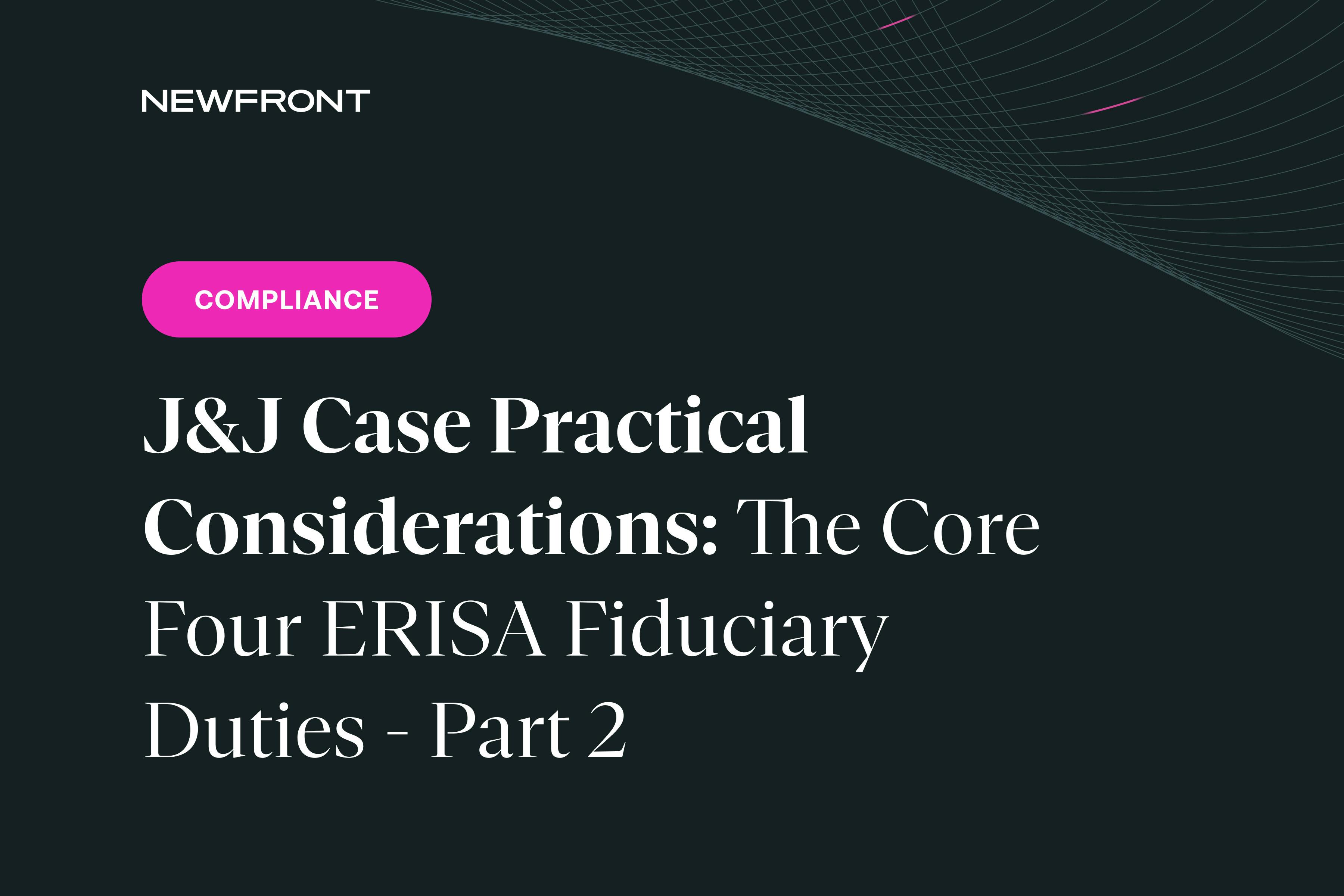ACA Grandfathered Plan Status
By Brian Gilmore | Published September 13, 2019
Question: What are the benefits of maintaining ACA grandfathered plan status, and what is required for a plan to preserve grandfathered status?
Short Answer: Outside of fully insured plans in the small group market, there is little reason to maintain ACA grandfathered plan status at this point.
Overview of ACA Grandfathered Plan Status
When the ACA first took effect (primarily in 2011), there were a number of requirements that plans could avoid by maintaining grandfathered status.
However, at this point there are very few ACA requirements that apply only to non-grandfathered plans. The result is that most plans have relinquished grandfathered plan status because the strict restrictions generally are not worth the resulting few exemptions from the ACA.
The main reason to keep grandfathered plan status applies only to fully insured plans in the small group market. These grandfathered plans avoid the requirement to cover essential health benefits. The essential health benefits coverage requirement under the ACA does not apply to large group fully insured plans, self-insured plans of any size, or grandfathered plans of any size.
ACA Requirements That Do Not Apply to Grandfathered Plans
Of the remaining requirements that grandfathered plans avoid, the primary ones are that grandfathered plans are not required to provide:
Coverage for preventive services without cost sharing;
Coverage for routine patient costs associated with clinical trials;
Patient protections for designation of a primary care provider, OB/GYN, or pediatrician (and the associated notice requirement);
Enhanced appeals rights with external review; and
Coverage for essential health benefits (relevant in fully insured small group market only).
The DOL has a more detailed summary chart of the items applicable to grandfathered and non-grandfathered plans here: DOL Illustrative Summary of Application of ACA Provisions to Grandfathered Plans.
Requirements for Plans to Preserve ACA Grandfathered Status
In order to maintain grandfathered status, the plan generally must not:
Eliminate any benefits;
Increase the percentage of any cost-sharing requirements;
Increase any fixed-amount cost-sharing other than a copayment;
Increase any fixed-amount copayment beyond an index tied to medical inflation;
Decrease the employer contribution rate by more than 5%; OR
Add or decrease a lifetime or annual limit.
All of this is based on the plan as in effect on March 23, 2010 (the date the ACA was enacted).
Keep in mind that to maintain status as a grandfathered plan, employers must also include the grandfathered plan notice in any plan materials describing plan benefits that are distributed to plan participants or beneficiaries.
Regulations
29 CFR §2590.715-1251(a)(2)(i):
(2) Disclosure of grandfather status.
(i) To maintain status as a grandfathered health plan, a plan or health insurance coverage must include a statement that the plan or coverage believes it is a grandfathered health plan within the meaning of section 1251 of the Patient Protection and Affordable Care Act, and must provide contact information for questions and complaints, in any summary of benefits provided under the plan.
78 Fed. Reg. 12834, 12869 (Feb. 25, 2013):
https://www.govinfo.gov/content/pkg/FR-2013-02-25/pdf/2013-04084.pdf
Non-grandfathered plans in the individual and small group markets both inside and outside of the Exchanges along with certain other types of plans must cover EHBs beginning in 2014. Self-insured group health plans, health insurance coverage offered in the large group market, and grandfathered health plans are not required to cover the essential health benefits.

Brian Gilmore
Lead Benefits Counsel, VP, Newfront
Brian Gilmore is the Lead Benefits Counsel at Newfront. He assists clients on a wide variety of employee benefits compliance issues. The primary areas of his practice include ERISA, ACA, COBRA, HIPAA, Section 125 Cafeteria Plans, and 401(k) plans. Brian also presents regularly at trade events and in webinars on current hot topics in employee benefits law.
Connect on LinkedIn

